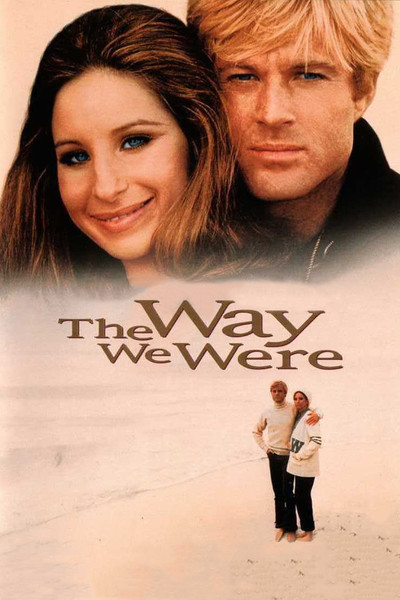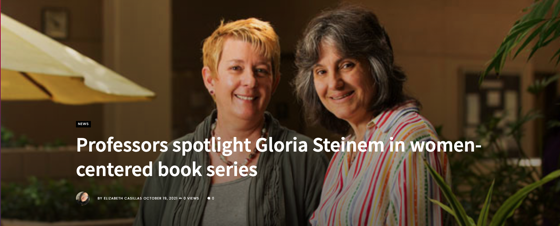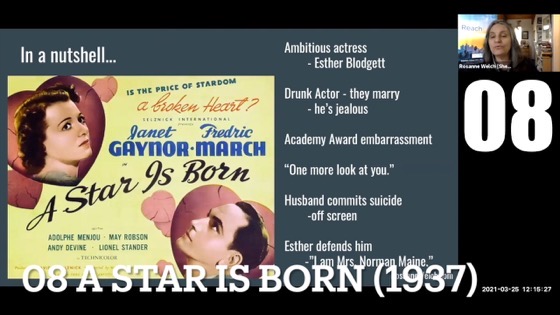Thanks to the gracious invitation from my Screenwriting Research Network colleague Paolo Russo – and a grant he was able to procure (and in the before-Covid time) I was able to spend a week at Oxford Brookes University working with the screenwriting masters students in Paolo’s course. At the culmination of the week, I gave this lecture on how writers rooms worked in the States.
Transcript:
You have to always do research. You don’t know everything and you don’t have to but you have to be willing to look. I’ve got a whole lecture I do on the tv show Gidget from the 60s that I discovered every episode written by a woman treated the Gidget character like a real human being and every episode written by a male writer treated her like sort of a doofy, stupid girl and I thought they didn’t even go into reading the book that that show was based on to understand her mentality. Her dad was a college professor and she was studying literature in college. She’s not a ditz right but they didn’t even research that. So you have to really look into everything. You have to like research right? That is something a writer must do.
You have to speak up. You all are shy. I’ll give you that right? You don’t know me so it’s a new thing but you can’t be shy in the room. If you don’t open your mouth, what are they paying you for? You’re only going to write two episodes of a tv show that runs 13 episodes. You get two a year. All those other episodes is you talking. What makes this one better for this writer so we all keep employed next year? So you have to speak up.
Watch this entire presentation
Subscribe to Rosanne’s Channel and receive notice of each new video!
* A portion of each sale from Amazon.com directly supports our blogs
** Many of these books may be available from your local library. Check it out!
† Available from the LA Public Library
Podcast: Play in new window | Download
Subscribe: RSS
![48 Do Your Research and Speak Up There And Back Again: Writing and Developing for American TV [Video]](https://rosannewelch.com/wp-content/uploads/2021/10/rmw-oxford-brookes-48.jpg)



![14 Fuller, Women, and War from Concord Days: Margaret Fuller in Italy [Video]](https://rosannewelch.com/wp-content/uploads/2021/10/rmw-concord-day-2021-fuller-rome-14.jpg)


![21 You Can't Keep Up With TV Shows from Worry and Wonder | The Courier Thirteen Podcast [Video]](https://rosannewelch.com/wp-content/uploads/2021/10/rmw-courier-13-21.jpg)


![47 Selling Your Nightmares from There And Back Again: Writing and Developing for American TV [Video]](https://rosannewelch.com/wp-content/uploads/2021/10/rmw-oxford-brookes-47.jpg)

